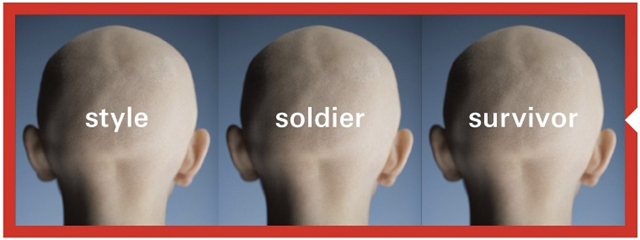
I am still reading Sensemaking by Christian Madsbjerg and as I always tend to do I have been trying to reduce the 216 pages down to something that is both meaningful and memorable. The rational for this is that if I can summarise the essence of what is being said into a single statement, then my level of understanding is reasonably good, and it makes it easier for me to use what I have learned in other situations.
So here goes, if I was to summarise what Sensemaking is all about, in one word it would be..….Context. In essence, in a world of complexity and abundance of information we are in danger of thinking that the “fact” we see on our computer screen, offered up by a search engine, driven by an algorithm is the truth, when in reality it’s only one version of it. Without the context from which this information came we are fooling ourselves as to its true meaning.
As a result of this discovery, I wondered into an area I have wanted to write about before, the importance context plays in changing what something means, especially in examinations. Getting the meaning wrong could be the reason you fail the exam rather than pass it. Even objective tests will have some form of context setting just before the actual question. But the type of exam where you are most likely to have a problem with context, is a case study.
Jokes play with context
A hamburger and a french fry walk into a bar.
The bartender says, “I’m sorry we don’t serve food here
The importance of context in case study
I have written about case studies before, “passing case study by thinking in words,” but focussed more on the process of how you think and write rather than how you interpret the information presented. Case studies are becoming an increasingly popular way of assessing a student’s ability to apply knowledge from several different subjects (synoptic) in the context of a real-life situation. This shift towards case studies is understandable given the need for improved employability skills. Here is a great story to illustrate how context changes the decision you would make or as often in a case study, the advise you would give.
A battleship had been at sea on its routine manoeuvres under heavy weathers for days. The captain, who was worried about the deteriorating weather conditions, stayed on the bridge to keep an eye on all activities.
One night, the lookout on the bridge suddenly shouted, “Captain! A light, bearing on the starboard bow.”
“Is it stationary or moving astern?” the captain asked.
The lookout replied that it was stationary. This meant a collision would result unless something changed. The captain immediately ordered a signal to be sent to the other ship: “We are on a collision course. I advise you to change course 20 degrees east.”
Back came a response from the other ship: “advise you change your course 20 degrees west.”
Agitated by the arrogance of the response, the captain asked his signalman to shoot out another message: “I am the captain of one of the most powerful battleships in the British navy, you change course 20 degrees east now.”
Back came the second response: “I am a second-class seaman, you had still better change course 20 degrees west.”
The captain was furious this time! He shouted to the signalman to send back a final message: Change course 20 degrees east right now or you will leave me no choice!
Back came the flashing response: “I am a lighthouse – your move.”
How to deal with context
It is easy even in the example above to think you know what is going to happen or what you would do. But when the context is revealed, your advice fundamentally changes. Case studies are created to see how well you respond in certain situations, so it’s important not to jump to conclusions.
And this is where sensemaking plays its part, use your senses, don’t just look at what is there, think in opposites, what is not there, what’s missing? Use visualisation, see yourself in that situation, look around, free up your thoughts, what do you see now? But most of all, be curious, ask questions of the scenario, how big is the ship, how long has the captain been in charge, what is the weather like, are there others close by?
Another excellent tool to use in these situations is called perceptual positions. Think of the event from different positions, firstly yours, what does the event look like through your eyes, secondly, the other person(s), what would you do if you were them, and thirdly what would the event look like if someone was looking in, observing both parties.
Case studies in the future will become even more sophisticated. Virtual reality offers up so many opportunities to create real world environments in which to tests students. And when that happens, you will definitely need to use all of your senses to get you through – take a look at this 360 VR surgical training, amazing.
And one last joke
Thomas Edison walks into a bar and orders a beer.
The bartender says, “Okay, I’ll serve you a beer, just don’t get any ideas.”


 Intellectual humility as defined by the authors of a recent paper entitled,
Intellectual humility as defined by the authors of a recent paper entitled,